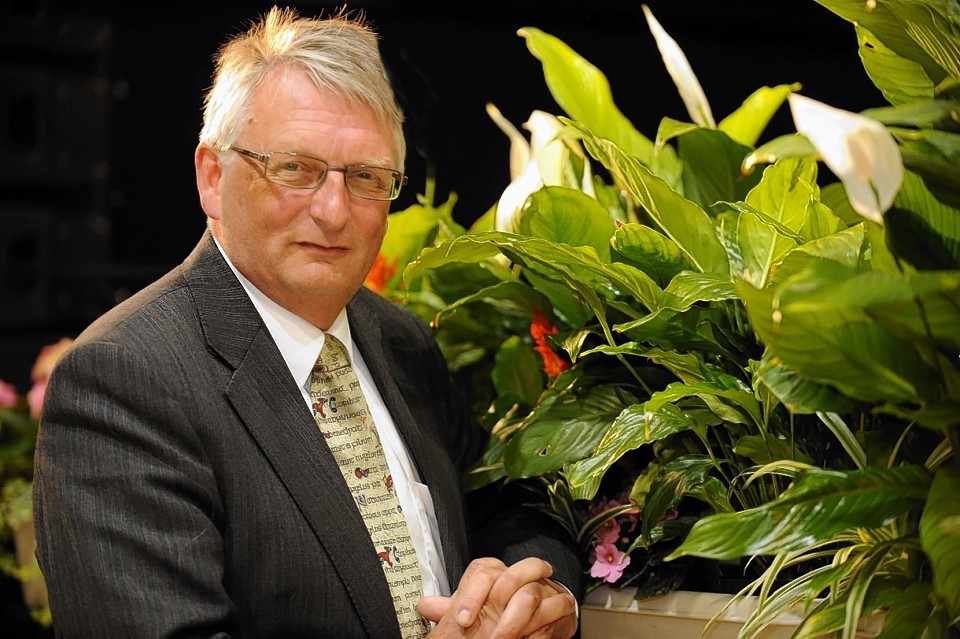Highland health chiefs have insisted their plans for multimillion-pound savings will not impact frontline services.
They believe efficiencies focussed on issues such as infection reduction will help plug this year’s remaining financial gap of £2.3million.
The same procedure is likely to be applied again in 2017-18 when they expect to have to find a further £20million of savings.
The issue featured, once again, at a routine board meeting yesterday in Inverness.
Speaking afterwards, NHS Highland finance director Nick Kenton said: “It’s challenging. We’re looking at delayed discharges, reducing falls and reducing infections – which are good for patients – and also reduced costs.
“We’ve got £800million to spend. So, can we spend that more effectively rather than trying to slice off £28million? That’s the mindset, look at your whole budget not at the margin.”
The board is confident that further savings can be implemented sensitively.
“It is frightening,” Mr Kenton conceded, “but if you think of it in terms of the overall £800million, it’s about doing things differently, spending our money more wisely.
“We know there are high performing organisations around the world who’ve taken a significant amount of costs out by doing what we’re trying to do. We’re just starting our journey.
“I guess what we don’t know is how much opportunity we’ve got. All we can do is take one year at a time.”
There is no question of following Highland Council’s lead in seeking voluntary redundancies. However, the use of locums – currently £15million a year – is a consideration.
For board chairman David Alston, the solution is “a quality finance plan” and not simply “a finance plan”.
He said: “At the end of the day, quality costs less. If you get it right first time and don’t waste resources that’s where you make the big savings. That’s how you deliver.
“That’s easy to say, of course. It requires a rigorous approach to make that happen.”
SIDEBAR
This year’s total NHS Highland saving requirement from an overall £800million budget is £28.8million.
Savings have already been identified in “everyday quality improvement” £8.1million; “transforming patients” £1.5m; length of stay reductions £4.9m; prescribing £900,000; corporate £2.2m; “central savings” £5.8m; “other” £1.3m; benefits from national initiatives £1.8m.
